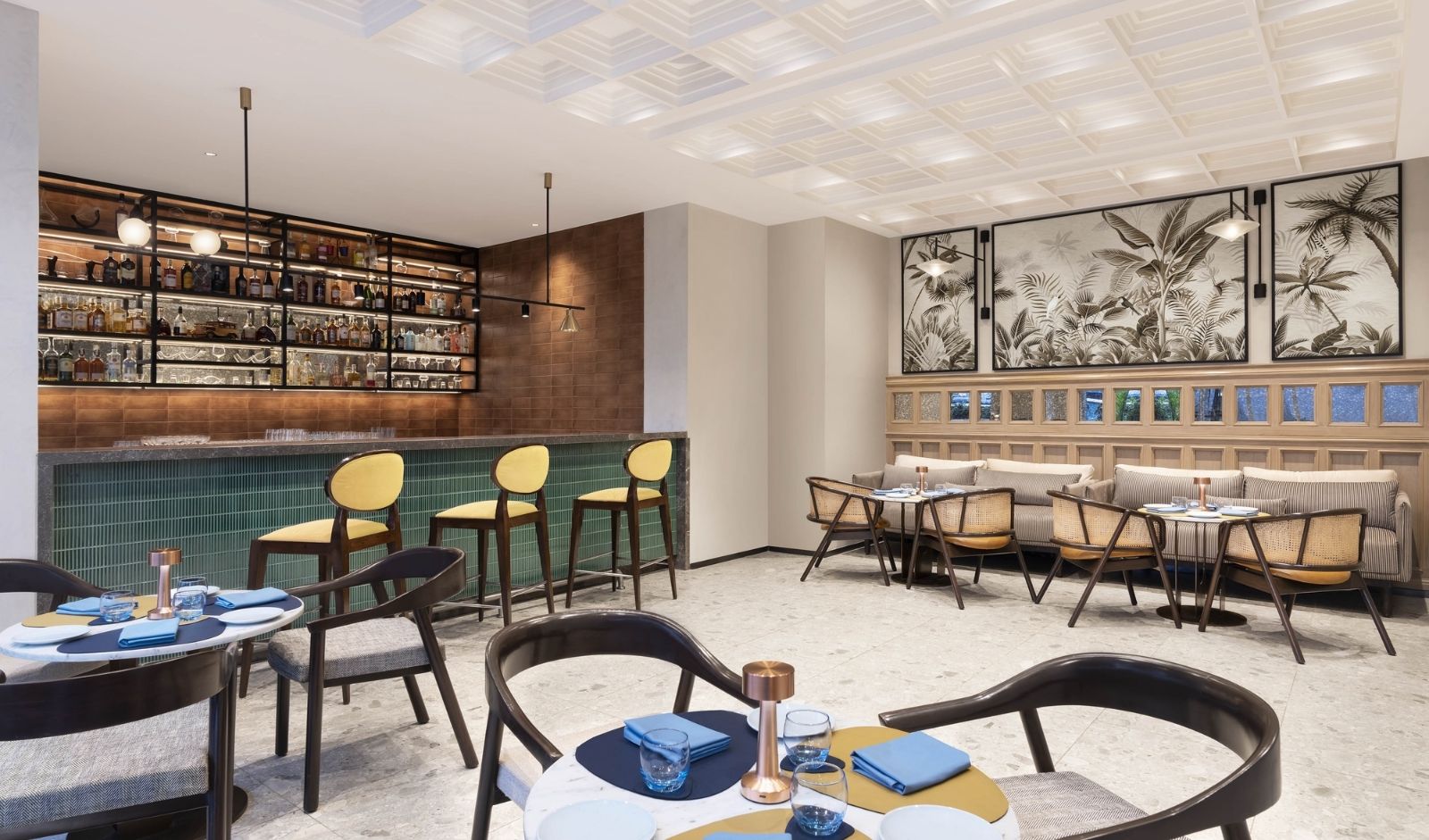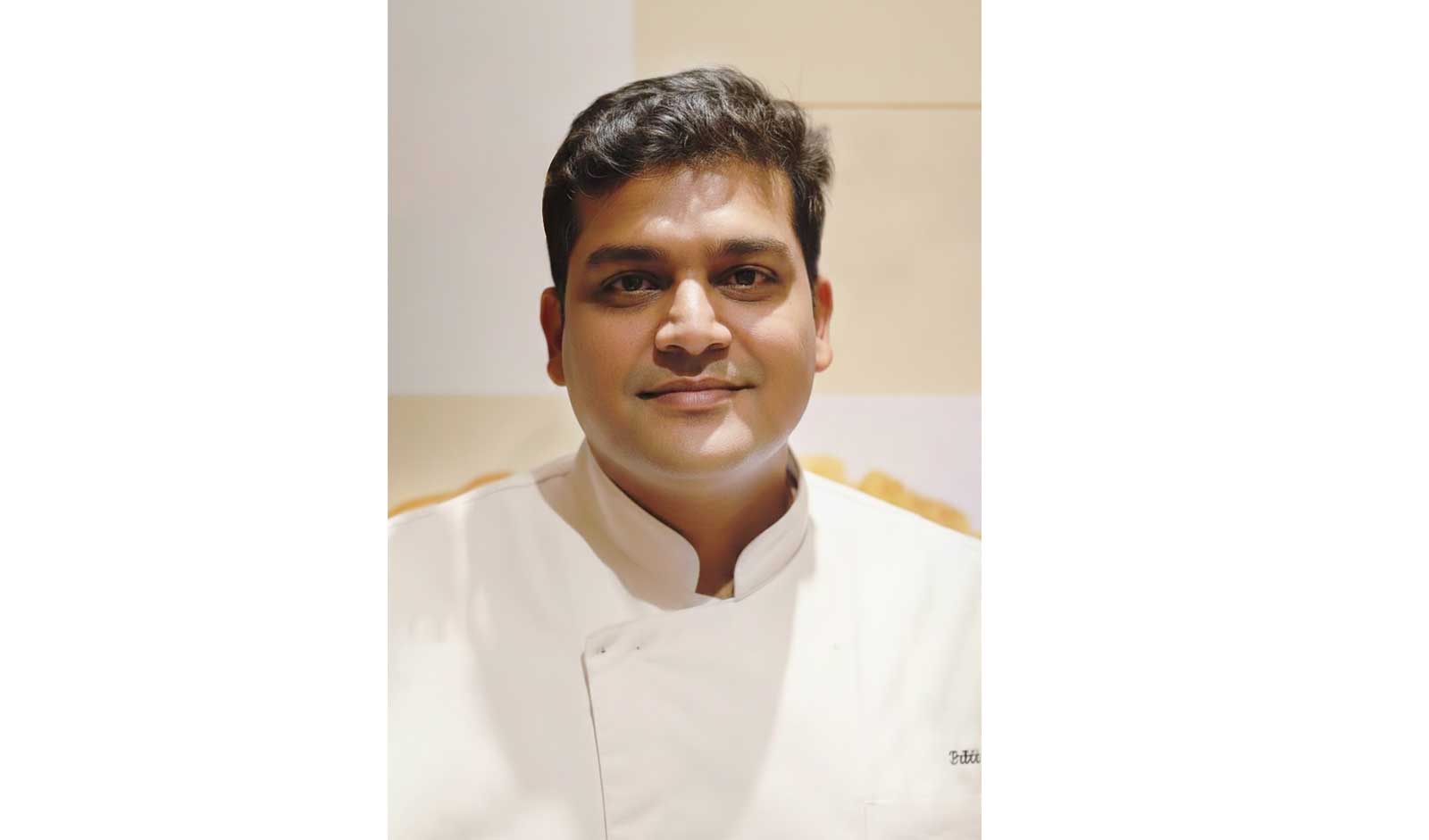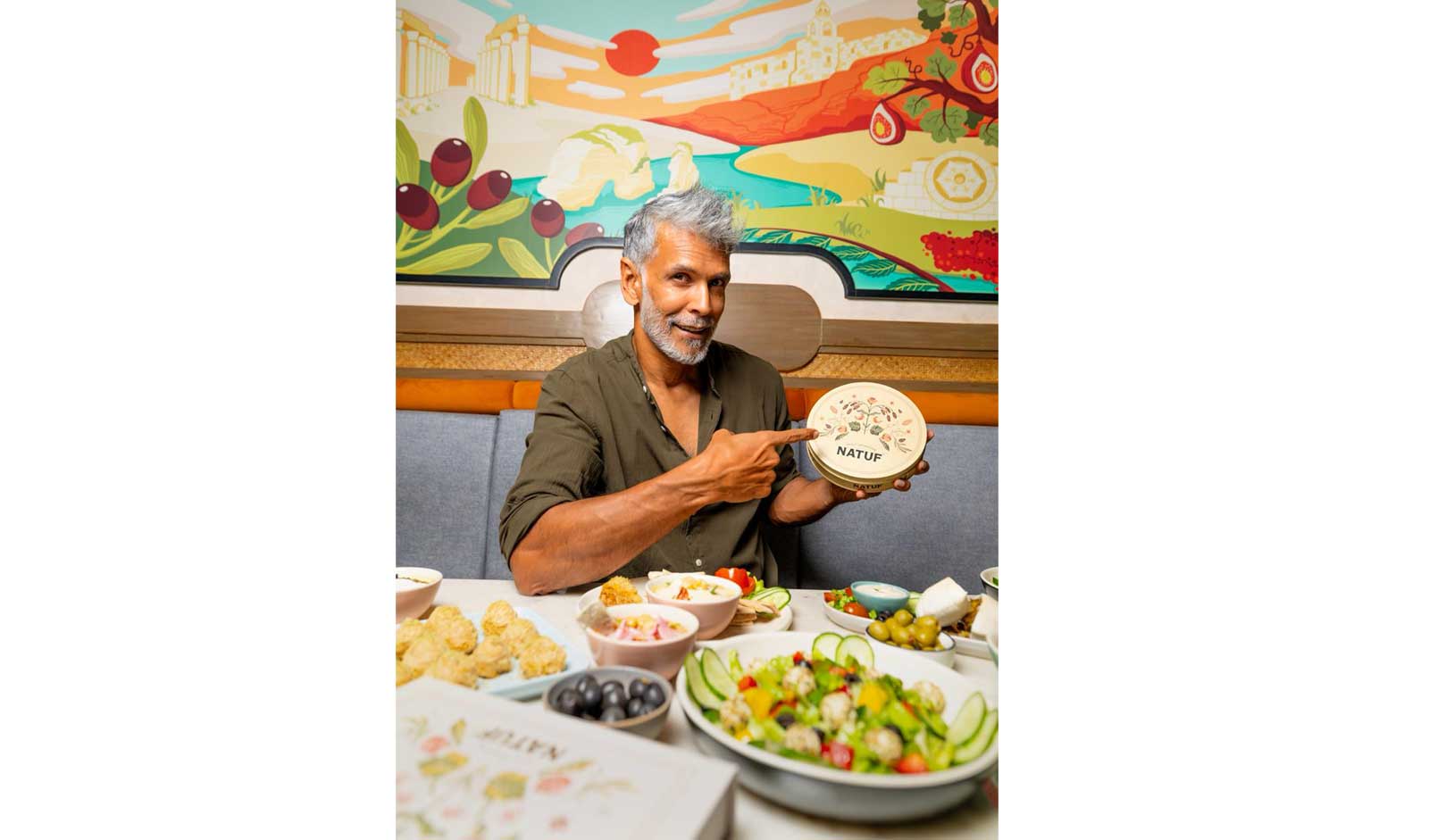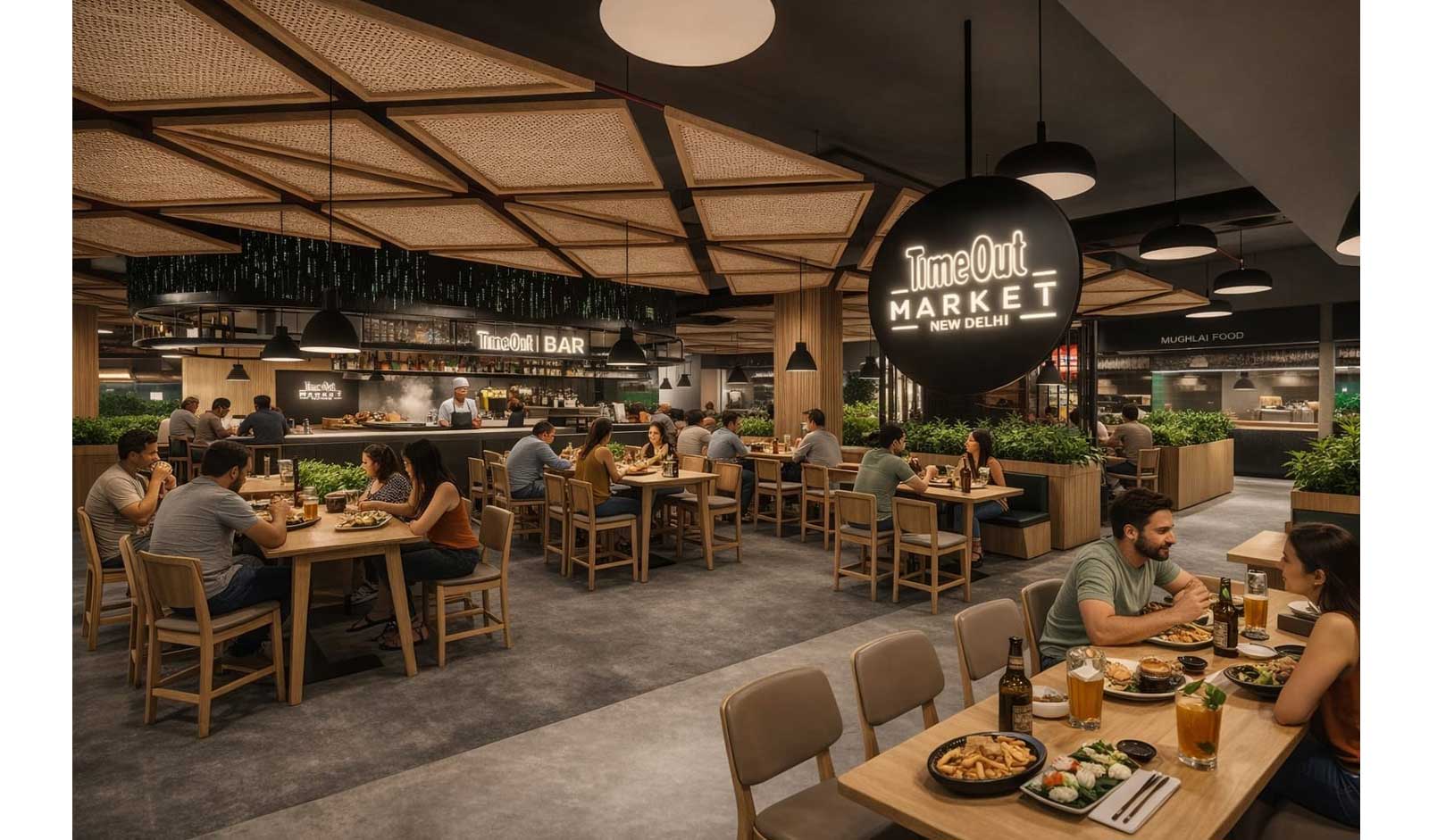
Novotel Pune has announced the opening of Soak, a poolside bar and dining venue aimed at enhancing the hotel’s food and beverage portfolio. Located beside the property’s swimming pool, Soak is positioned as a leisure and social space catering to both in-house guests and local patrons.
The venue operates through the day as a poolside dining option and transitions in the evening into an open-air lounge setting with curated playlists and ambient lighting. Its menu focuses on grilled dishes, including kebabs, chops, tandoori items, and coastal grills, prepared at live counters.
The bar features a range of “soaked” cocktails, a concept built around house-infused spirits and botanical blends, designed to offer slow-developed flavours. According to the hotel, these infusions are prepared over time to create depth and complexity in the drinks.
“Soak is more than just a bar — it’s a celebration of global flavours, fresh air and spirited experiences,” said Anant Leekha, General Manager, Novotel Pune. “Whether you’re here for a relaxing sundowner, a lively evening with friends, or a unique culinary journey, Soak delivers a vibe that’s both energetic and effortlessly chic. Our cocktails and curated grills menu offer a fresh take on classic favourites. At Soak, food is not just cooked; it’s crafted with time, care and fire.”
Key features of Soak include:
- Global Grills Menu: A selection of kebabs, satays, seafood, and vegetarian grills, with both tandoor and open grill preparation.
- Soaked Cocktails: Infused spirits with fruit-forward, botanical, and spice-led profiles.
- Poolside Seating: Open-air dining with views of the pool, designed to create a resort-style experience within the city.
The opening of Soak adds to Novotel Pune’s positioning as a multi-outlet hospitality property in the Viman Nagar area, aiming to attract both corporate and leisure segments seeking premium dining and social experiences.
Copyright © 2009 - 2026 Restaurant India.








